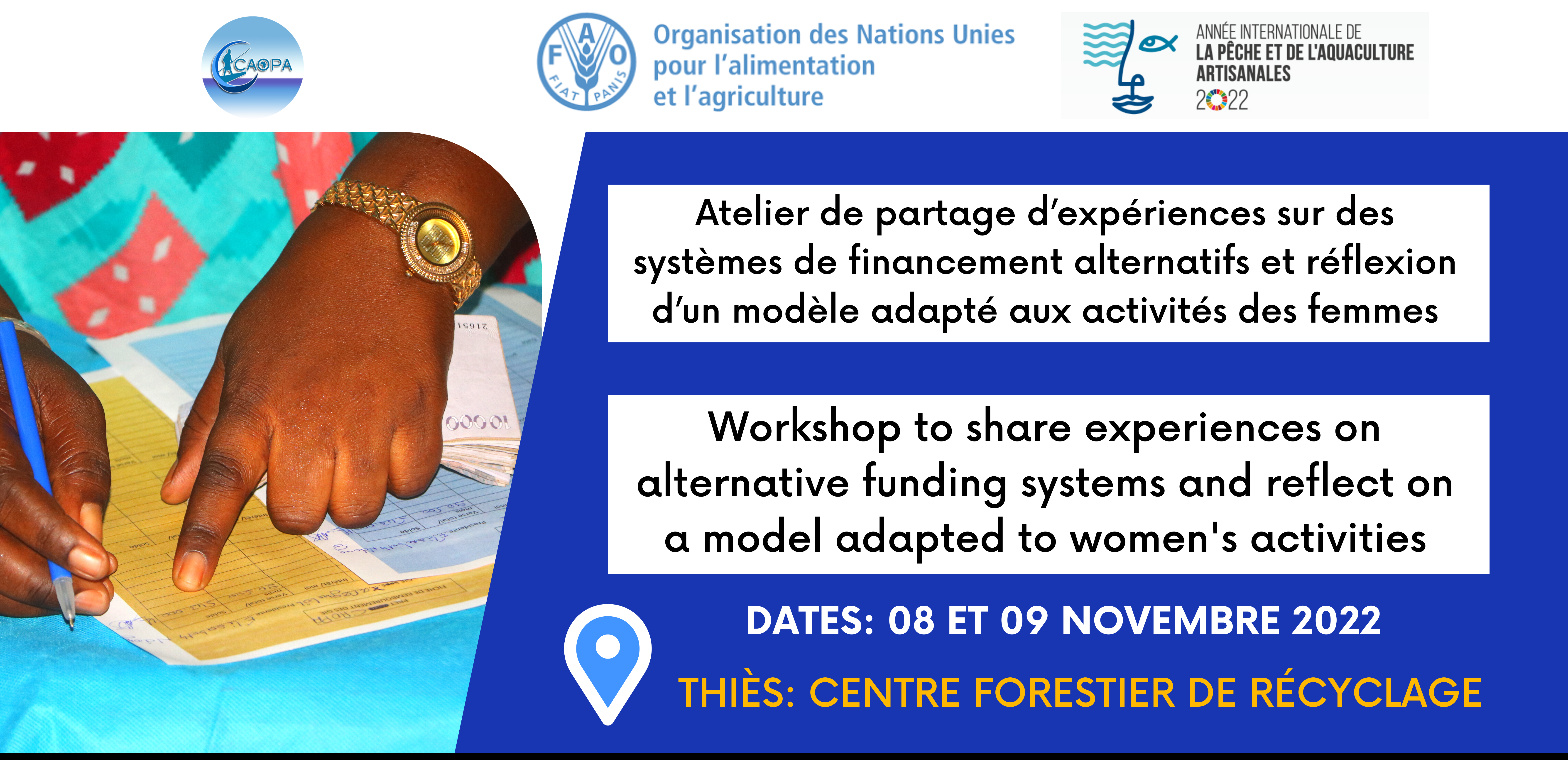The African Confederation of Professional Organizations of Artisanal Fisheries (CAOPA) organized on 8 and 9 November 2022, in Thiès, a workshop to share experiences on alternative funding systems for small-scale fishing and to reflect on a model adapted to women’s activities.
The general objective of this workshop is: “to strengthen the capacities of women active in small-scale fisheries on alternative systems of funding their activities”.
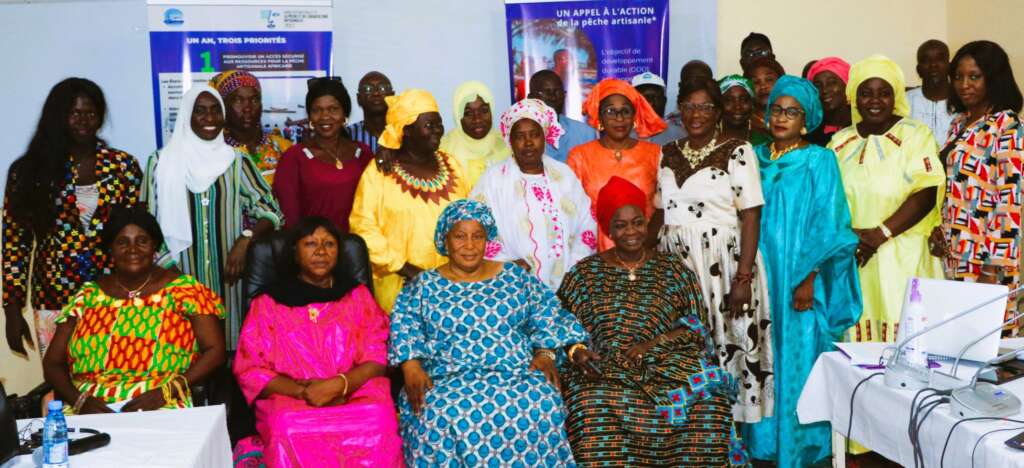
The general objective of this workshop is: “to strengthen the capacities of women active in small-scale fisheries on alternative systems of funding their activities”.
Starting from the observation on the mode of funding of small-scale fisheries, which reveals existing systems of funding of activities that do not contribute much to a real policy of modernization of the activities, it appeared necessary to find an innovative and structuring system of funding, simple and adapted to the specificities of small-scale fisheries.
It is in this context that CAOPA, acting in the framework of the International Year of Artisanal Fisheries and Aquaculture (IYAFA 2022), in partnership with FAO, organized this workshop. It brought together women from Ghana, Gambia, Togo, Mali, Guinea Bissau, Senegal, Uganda, etc. to discuss and exchange on all these initiatives with the aim of building women’s capacities and making sustainable systems options.
At the opening of the meeting, the vice-president of CAOPA noted some of the difficulties faced by women in the African small-scale fishing sector in funding their activities.
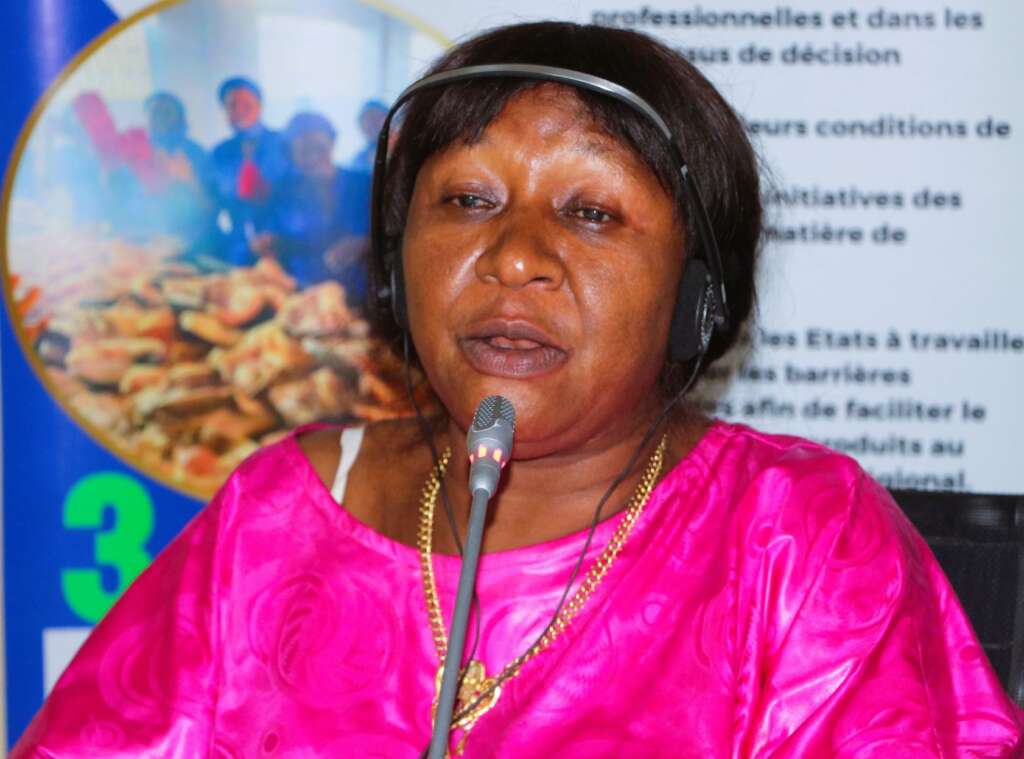
“And as we are present at all stages of the value chain of small-scale fishing, from the funding of fishing trips to the purchase of fish to be processed, to the transport and sale of processed products, when money runs out to fund our activities, it is the whole sector that feels it,” said Mrs. Antonio Adama DJALO.
She added: “A woman who cannot buy the fish to be processed affects the fisherman, the woman’s family, and even the consumers whom she feeds at the cost of her hard work”.
Ms Antonià recalled that during their various meetings, they dreamed of having a funding system adapted to small-scale fisheries: “a funding system that is accessible to all, local, sustainable, and that involves women beneficiaries,” she said.
On behalf of the Director of Maritime Fisheries, Mr Saïdou KANDE, thanked CAOPA for choosing Senegal to host this important workshop.
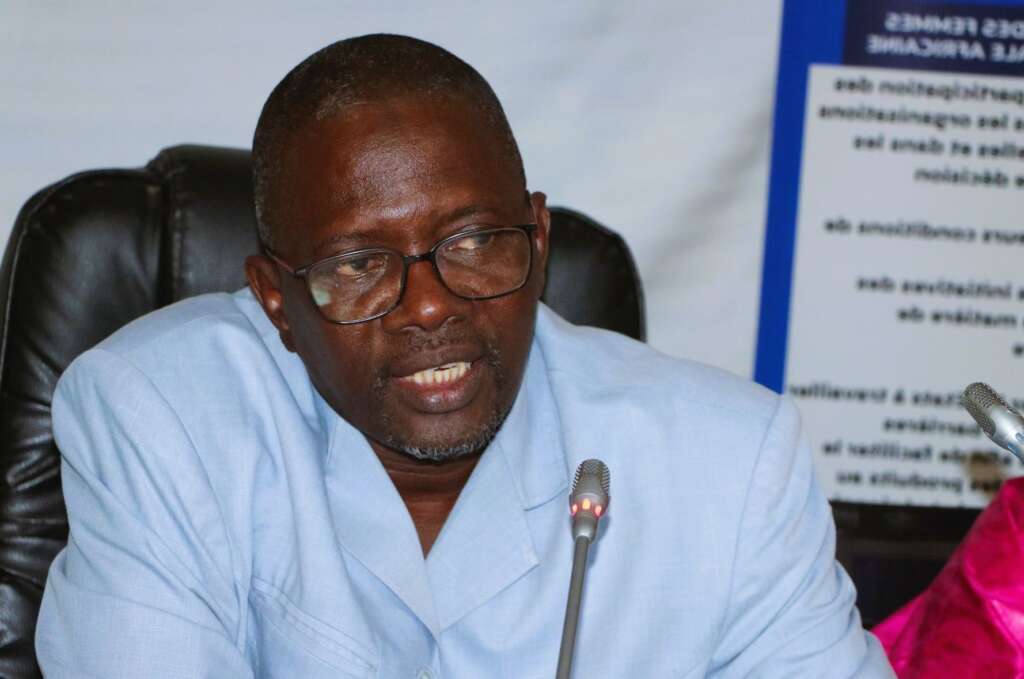
According to him, the funding system is a challenge to adapt. “Of course, financial institutions contribute to alleviating some of the difficulties, and CAOPA has initiated activities to facilitate the funding system for women. To this, we must add the development of the system of endogenous funding of self-financing,” he said.
During this workshop, three countries (Senegal, Ghana, Gambia) presented their experiences in terms of funding, followed by other women from other countries who also have experience.
In addition, there was a presentation on Fish Cash, a personal initiative of Mr. Kader MBOUP, a resource person.
These presentations revealed the following: the creation of solidarity funds at the encouragement of CAOPA (CAOPA Nianing (Senegal), CAOPA Women (Ghana), etc.); a proximity funding model more adapted to the activities of women processors; mutual trust in the loan granted; a damned start-up sum that is a factor of inclusion; the assembly of women who make their own decisions; duration of 6 months in general before the loan is granted; a successful credit system for women (women of Nianing); money kept somewhere in a bank, etc.
Several recommendations were made to the professional organizations, to CAOPA and to the states.
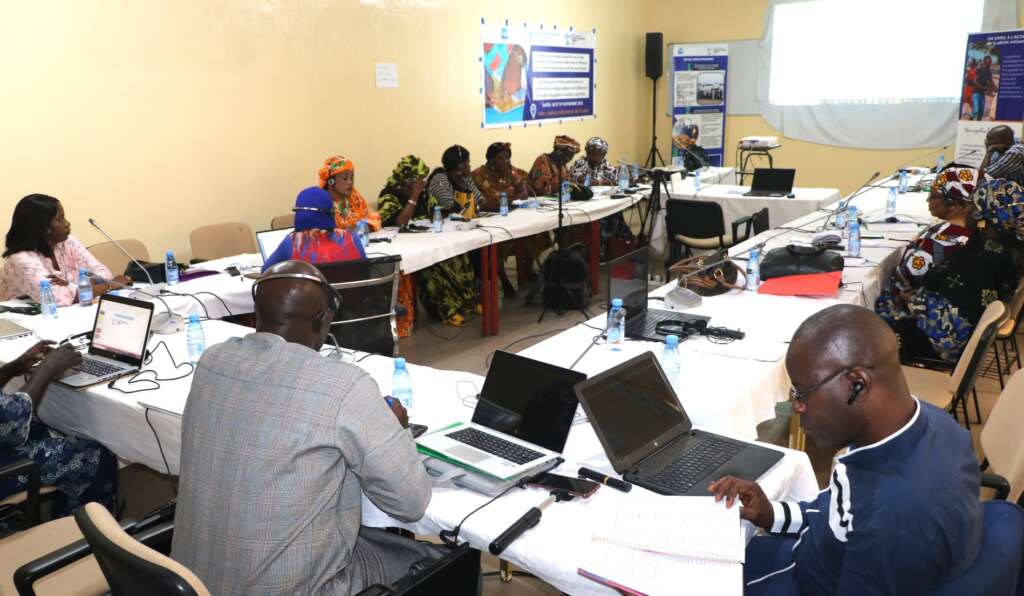
These recommendations include: Conducting transparent and relevant activities in the field; Diversifying women’s activities (IGAs, modernizing credit unions, creating a future bank, having project ideas); strengthening members’ managerial capacities; Expanding credit unions in all CAOPA member countries; Conducting studies and diagnoses of existing credit unions; Strengthening women’s credit lines; etc.


